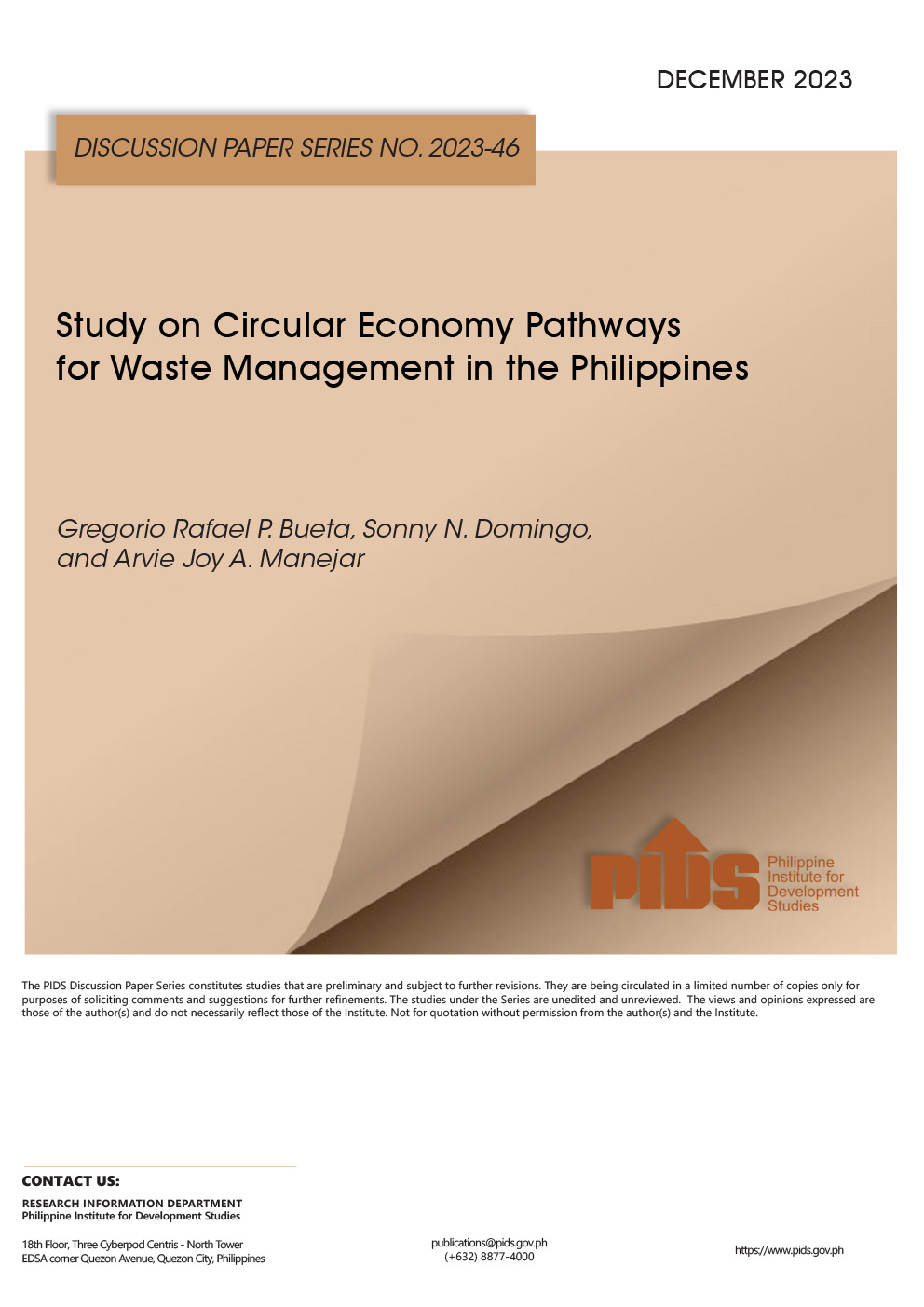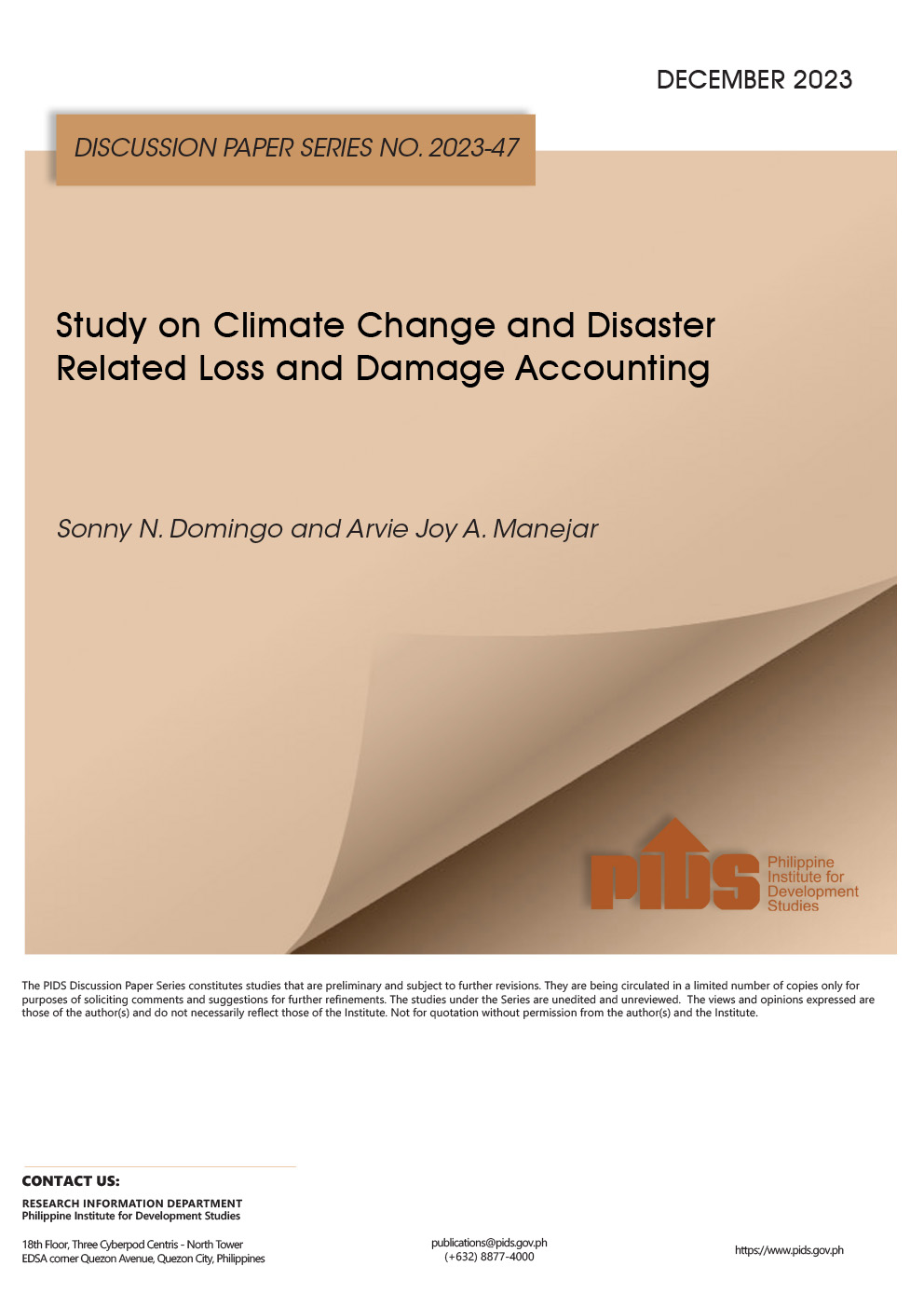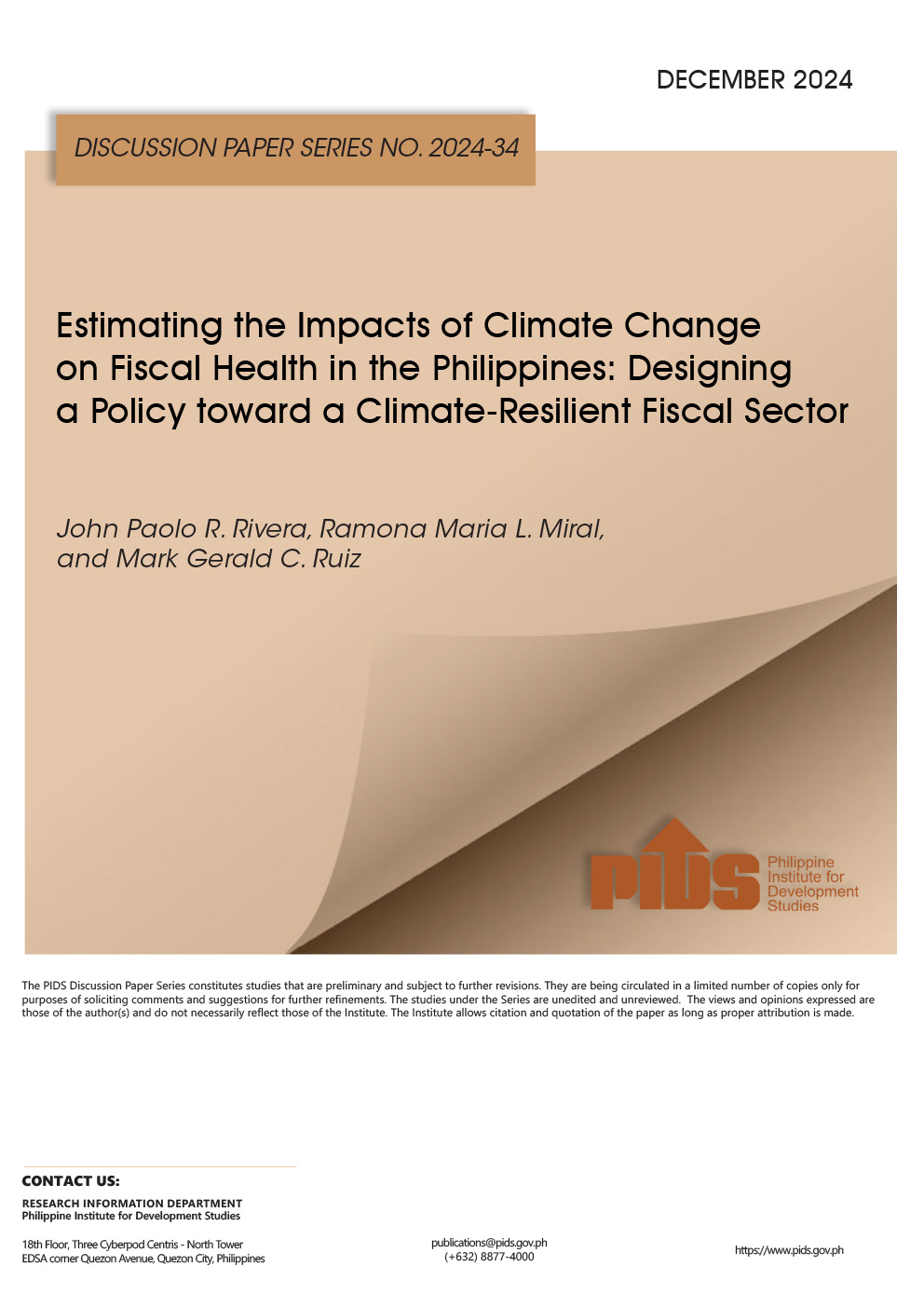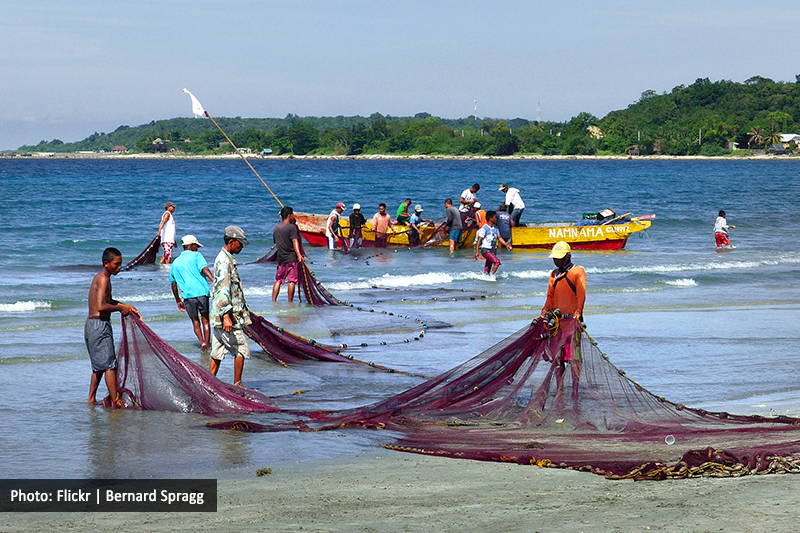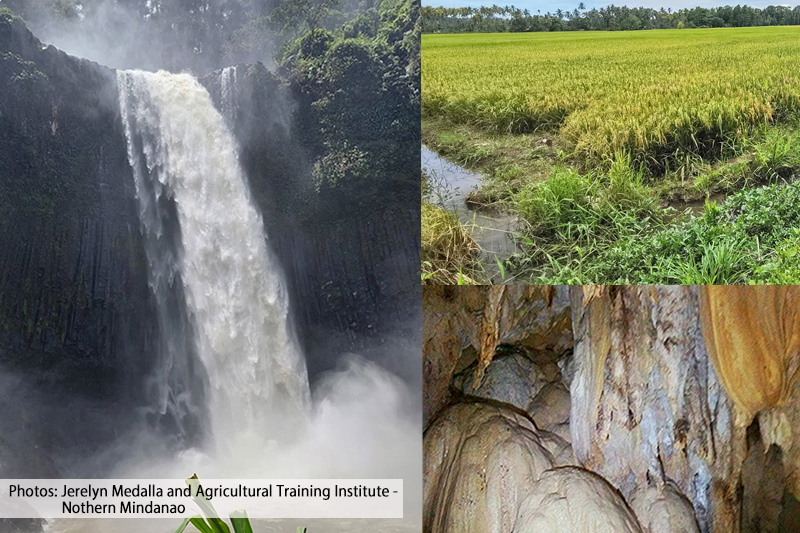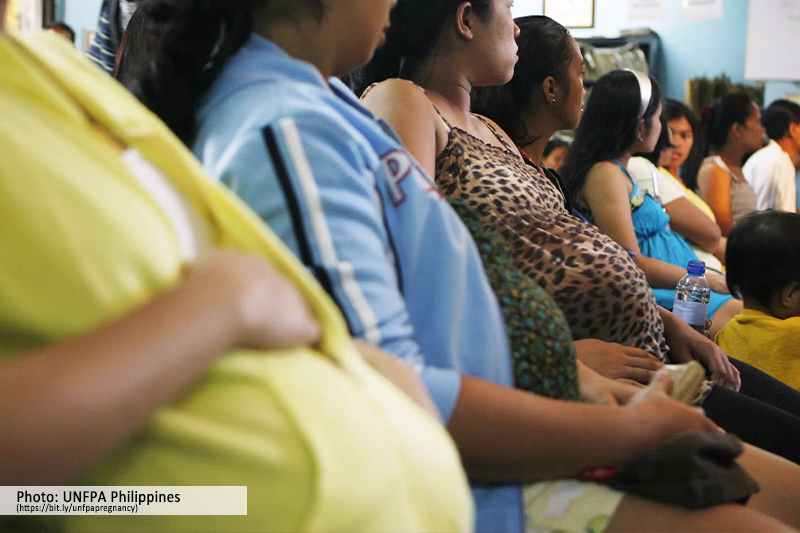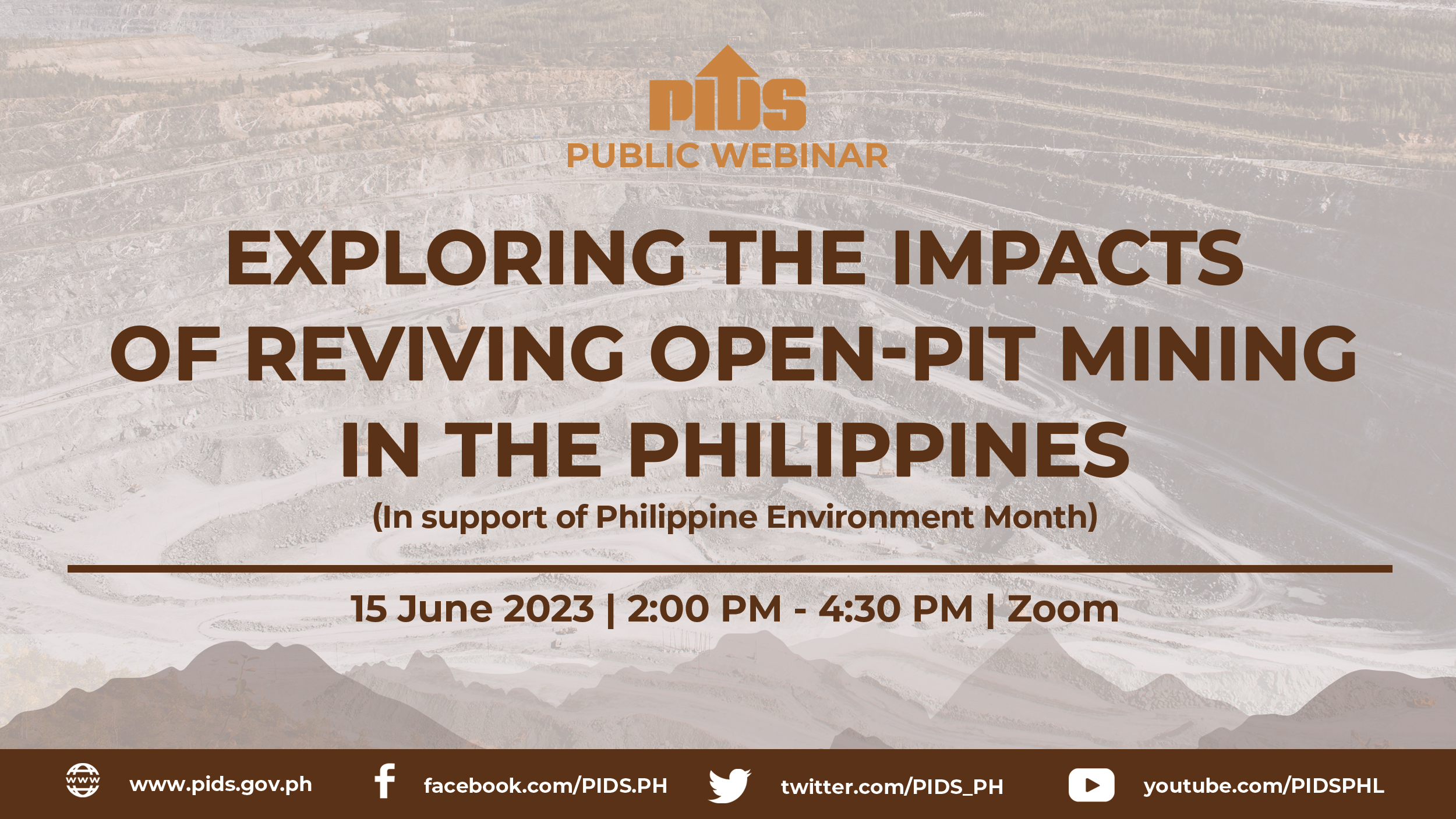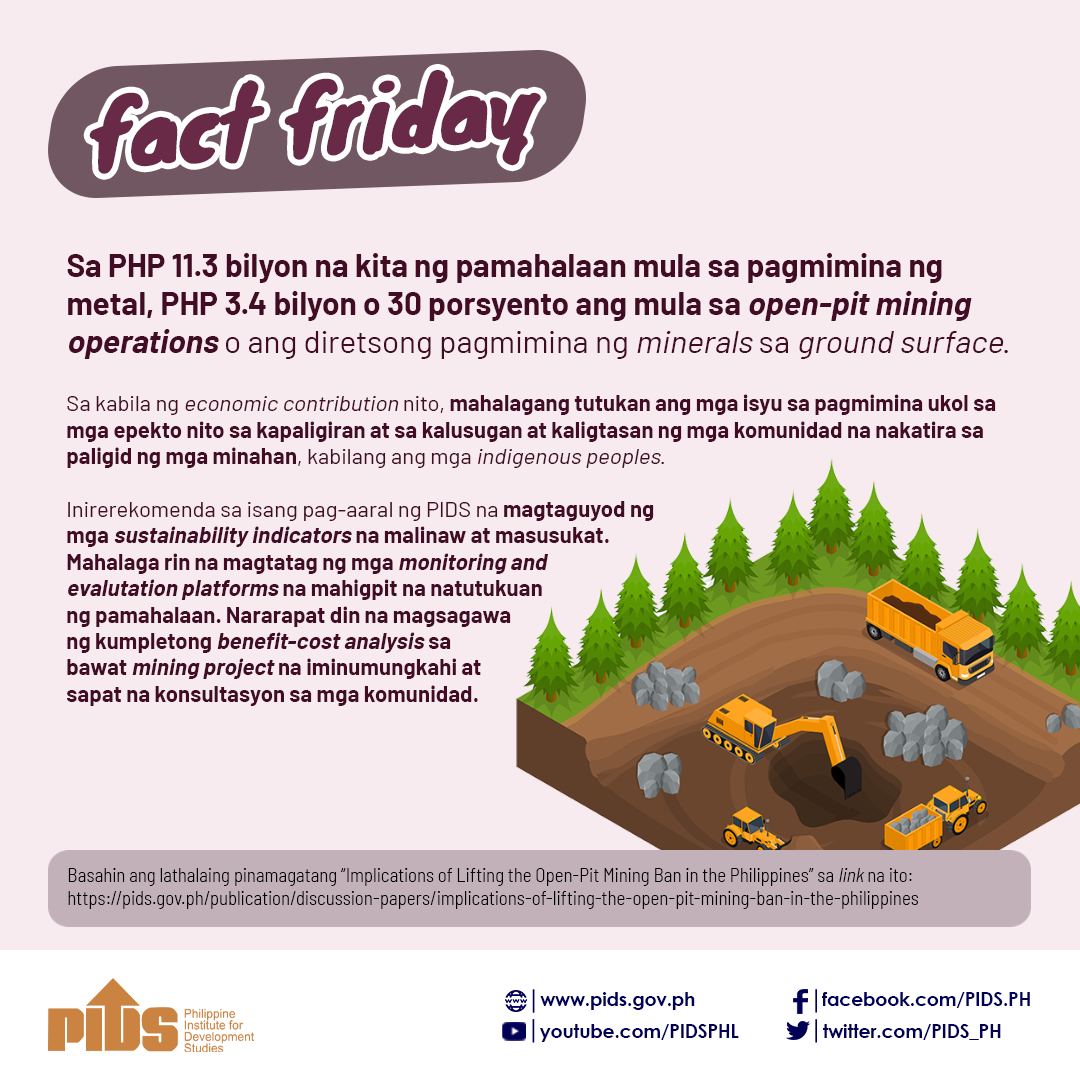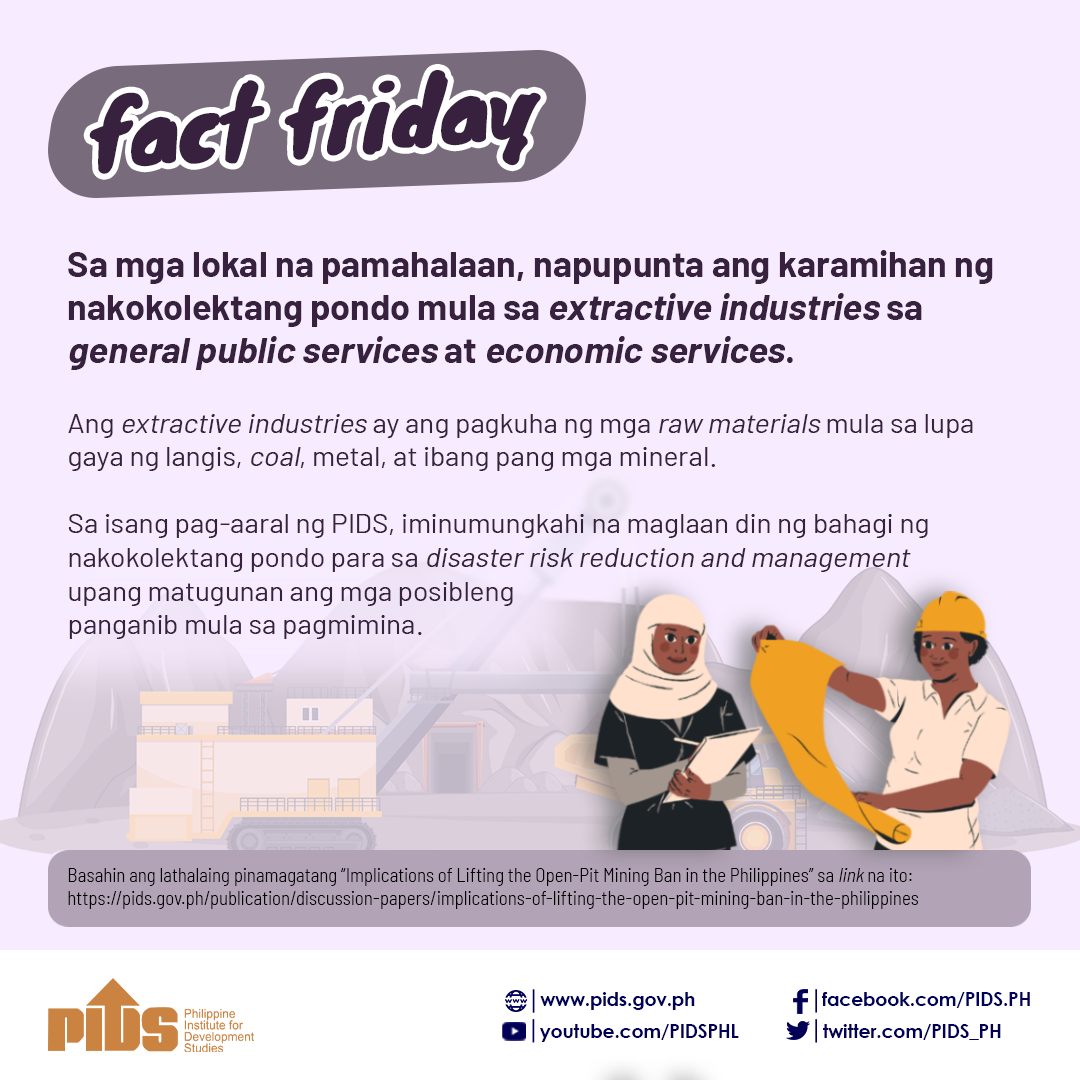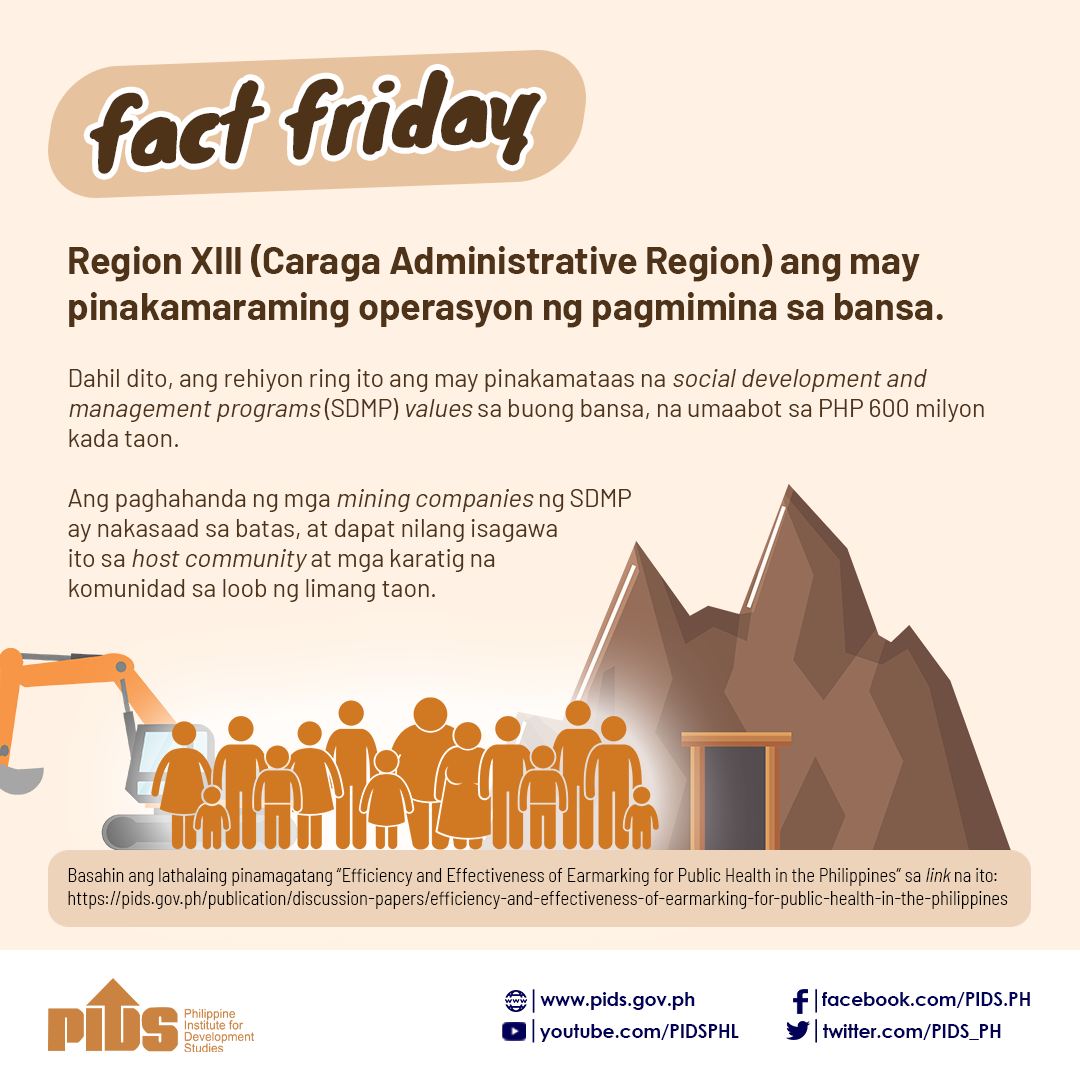The country’s mining laws face a number of implementation issues, including the issuance of permits and ordinances of local government units (LGUs) and the declaration of indigenous people (IP) claims, the Philippine Institute of Development Studies (PIDS) said.
In a policy note titled “Challenges in the Philippine mining industry,” author and PIDS Consultant Eligia Clemente said the presence of various agencies assigned to handle mining concerns has resulted in overlapping functions.
The agencies include the Department of Environment and Natural Resources as the lead agency, and line bureaus such as the Mines and Geosciences Bureau (MGB) that handles administration and control of mining operations, the Environmental Management Bureau (EMB) that monitors and controls environmental conditions, and the Forestry Management Bureau that oversees management of forests under mining concessions. “This creates a venue for cracks, which are filled in by enterprising government employees through illegal means,” Clemente said.
The study added that companies wanting to secure permits have found a way to evade some requirements to avoid additional fees. Contractors also reported facing difficulties when requesting for permits and other documents from LGUs due to contradicting policies of the national government and LGUs for a mineral production sharing agreement (MPSA), it added.
“While the Philippine Mining Act (PMA) allows for an MPSA between a mining contractor and the government through MGB, the Local Government Code of 1991 gives LGUs the authority to approve operating permits in local areas to ensure the protection of their environment,” it said.
Lands under the domain of IP, too, are not exempted from the procedures of securing free, prior, and informed consent (FPIC) documents. IP communities have a say on the issuance of operating permits in their areas either through their council of elders or tribal leaders. In return, “any IP in the area benefits through the royalty payments of [a mining] company.” The study, however, found that some “tend to abuse the power and responsibility granted to them”.
“In some cases, there were talks that the decision is done even before the stakeholders’ meeting takes place and that the meeting is just for formality,” Clemente said. The author also said there is no formal audit on how a tribal leader uses the royalties paid by a mining company.
Gaps were also seen within the National Commission on indigenous People (NCIP), thereby affecting its performance. These include inadequate logistics support from the government, as well as the lack of qualified personnel and supervisors to efficiently perform NCIP’s mandates and functions, especially in regional offices.
To address differing interpretations of rules and regulations related to mining, Clemente urged the government to establish a common implementing guideline for all offices that might help eliminate personal tendencies to relax rules.
She said the NCIP should also be provided with sufficient staff so it could carry out its tasks timely and efficiently.
On the issue of auditing of payments given to tribal leaders of IP communities, Clemente suggested that “proper preparation and guidance should be given to them prior to the release of funds such that even without a formal audit, disbursements can be tracked” and funds can be properly accounted.

